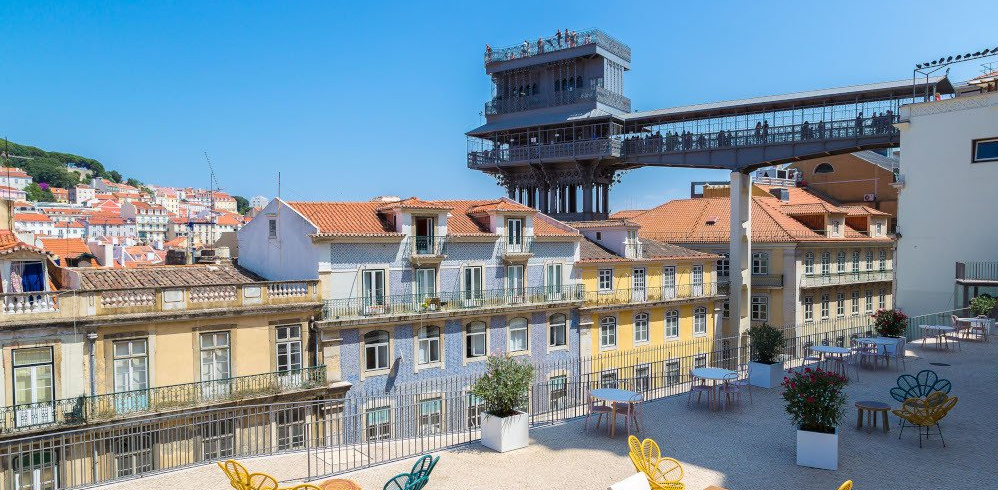Non-Habitual Resident (NHR): What you need to know
01. Does the NHR allow you to stay in Portugal?

The short answer is no. The NHR is not a visa, it is a program open to new tax residents of Portugal, regardless of their nationality and may be a good option if you’re aiming to find a more efficient tax wise jurisdiction, so as to reduce your current tax liability, on some occasions even secure a tax exemption depending on the sources of income and the country of source. The NHR applicant, if not an EU national, should first obtain a temporary permit from the Portuguese Immigration and Border Service first (SEF) and only then enroll in the NHR tax regime.
02. Will the NHR tax regime grant me an automatic exemption on all foreigner sources of income?

Enrolling in the NHR will not grant you an automatic exemption on all foreign sources of income. The eventual benefits and exemptions must be analyzed in a case-by-case basis, which is done by examining each one of the sources of income and the source country to assess how the income will be taxed in Portugal under the NHR.
03. Do I need to stay and live in Portugal to have the benefits of the NHR?

Even though NHR means non-habitual resident that doesn’t imply that you aren't registered as a taxpayer in Portugal. The NHR is available for tax residents who have not been Portuguese tax residents in the country in the previous 5 years. As a tax resident you should stay in Portugal at least 183 days whether consecutive or not in a period of 12 months or, if less than that, have a place of abode that is deemed to be your habitual home.
04. Should I expect updates on the NHR in the next few years?

The NHR is a very stable regime, having been the subject of only one major change, back in 2020. The government decided then to change the pension income tax rate in some cases from 0% to 10% to align it with international taxation standards, but apart from said change, the regime is resilient and stable since inception.
05. Will the NHR cover all my family or only me as a single applicant?

The NHR is an autonomous and single application. It will only affect the tax status of the individual that enrolls in this regime.
06. Should I give my NIF every time someone asks me at a restaurant or a gas station? Will it make any difference or impact my tax liability in Portugal?

To a taxpayer that is already enjoying a tax exemption or a flat tax rate of 20% or 10%, giving their NIF won't impact their tax liability. For the remaining cases it would be worth to give the NIF number when paying for goods or services, to offset the expenses later against the taxable income. Nevertheless, a complete and full answer to this question will always require an analysis of the taxpayer personal’s case.
07. What will happen if I leave the country 5 years after I get the NHR status?

The Tax Authority won’t revoke any of the NHR benefits that you enjoyed during these 5 years. You can always come back before the end of the NHR period to reactivate your NHR again and enjoy the remaining period available.
08. Is it possible to extend the NHR period of 10 years?

It is not possible to extend this period. After 10 years, you will be taxed as a regular tax resident and subject to the general Portuguese tax system.
If you have further questions regarding this matter, get in touch with us and we will be delighted to assist you.

Rui Pedro Fonseca
Lawyer










